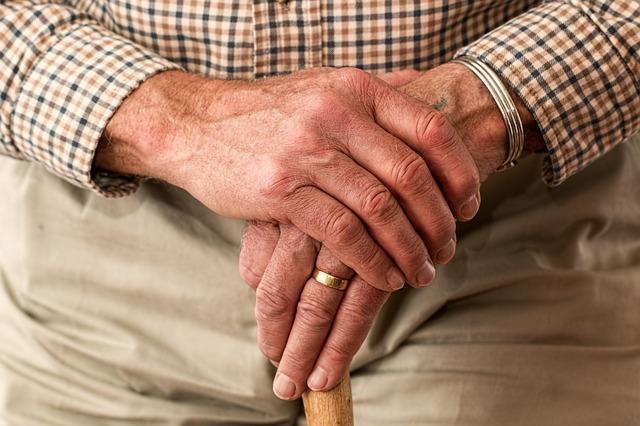The threshold for when to perform elective surgery in a frail patient may be much higher than previously thought, according to new research coauthored by Paula Shireman, M.D., M.S., M.B.A., of UT Health San Antonio. The journal JAMA Surgery published the findings Nov. 13.
The retrospective study of 432,828 patients treated in veterans hospitals between 2010 and 2014 found that frail patients were more likely to die within 30, 90 and 180 days after surgery than non-frail patients. This was true even after low-stress surgical procedures such as cystoscopy (scope of the bladder) and moderate-stress procedures such as laparoscopic cholecystectomy (minimally invasive gallbladder removal). The 30-day mortality rate among frail patients after a low-stress procedure was 1.55%. For frail patients who underwent a moderate-stress surgery, it was 5.13%. These rates are higher than the 1% mortality rate often used to define high-risk surgery, the authors wrote.
Dr. Shireman, a professor of surgery and practicing vascular surgeon in the Long School of Medicine at UT Health San Antonio and the South Texas Veterans Health Care System, said the study offers guidance to surgeons, patients and families about whether a frail patient should undergo surgery, particularly elective procedures.
“Elective cases — that’s really where the take-home message of this study is,” Dr. Shireman said. “If a frail patient shows up in an emergency situation, it’s different. But what about elective cases? Do you do the surgery? Is it in a patient’s best interest?”


